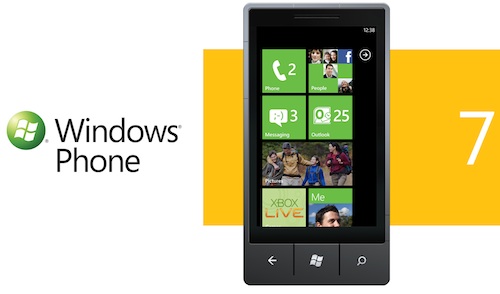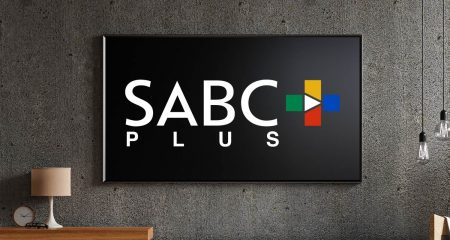
If there were any lingering doubts that Microsoft is serious about taking on rivals Google and Apple in the smartphone war, the software maker put them to rest on Tuesday when it took the wraps off a significant update to Windows Phone 7.
Codenamed Mango, the free upgrade — which should arrive on SA users’ handsets in the fourth quarter of this year — offers more than 500 enhancements and new features. About 90% of the features will be available to SA users, according to a Microsoft spokesman.
Also coming to SA for the first time is the Windows Marketplace, with full support for paid applications using credit cards. Operator billing will follow at unspecified later date. There are currently about 18 000 apps available in the Marketplace.
There’s no word yet on when Microsoft’s Zune music store will reach SA shores. The company blames content licensing issues for the delay.
Microsoft has an uphill battle ahead of it convincing smartphone users to switch to its operating system. In the US, Android, developed by Google, has taken a comfortable lead over both iOS, developed by Apple, and Windows Phone 7.
But the company’s recent deal with Nokia, which will result in its operating system being the standard platform for future smartphones from the Finnish handset manufacturer, may give it the impetus it needs to stave off irrelevance in the fast-growing market. Nokia sold more than 400m handsets in the past 12 months, 100m of which were smartphones.
Microsoft has also signed agreements with HTC, Samsung and LG to offer phones based on Mango. All three already have Windows Phone 7 devices. It’s also adding ZTE, Fujitsu and Acer to the portfolio for the first time.
“We already have Nokia phones running Mango in our labs today,” says Andy Lees, president of the mobile communications business at Microsoft. “The stars are aligning and we think Mango will be a tipping point of opportunity [for Microsoft].”
Highlights of the new version include speech recognition software, which allows users to dictate messages and commands to their phones, a tool called Bing Vision, which, like Google Goggles, allows users to search the Web by taking a photo of, say, a CD cover or a barcode. Social media integration is also improved, with Twitter and LinkedIn added to the software’s “People” application.
In addition, Facebook Chat has been integrated into the software. And users can add Facebook events into their calendars.
Of course, Skype will also be available as an app after Microsoft announced earlier this month that it would buy the voice-over-Internet Protocol company for US$8,5bn.
In a clear dig at Apple, Microsoft says its new software puts people, rather than applications, at the centre of the user experience. Describing rivals’ platforms as a “grid of icons and a sea of applications”, Lees says in Mango “apps are alive as part of the total phone experience”.
Mango will support Office 365, the cloud (Internet-based) version of Microsoft’s popular office suite. It will also offer access to SkyDrive with 25GB of free online storage. SkyDrive will be available to SA consumers.
Other changes in the new software include a redesigned Xbox gaming interface and the inclusion of Internet Explorer 9 (apparently exactly the same version available for Windows on the desktop). The Web browser is tightly integrated with Microsoft’s Bing online services. Lees says the software “blurs the line between searching the Internet and finding applications”.
“Bing is not an app but an integrated experience in Mango.”
Microsoft SA is planning an above-the-line marketing campaign with Samsung to raise the profile of Windows Phone 7 in the local market. The campaign will take flight on 6 June. — Duncan McLeod, TechCentral
- Subscribe to our free daily newsletter
- Follow us on Twitter or on Facebook




